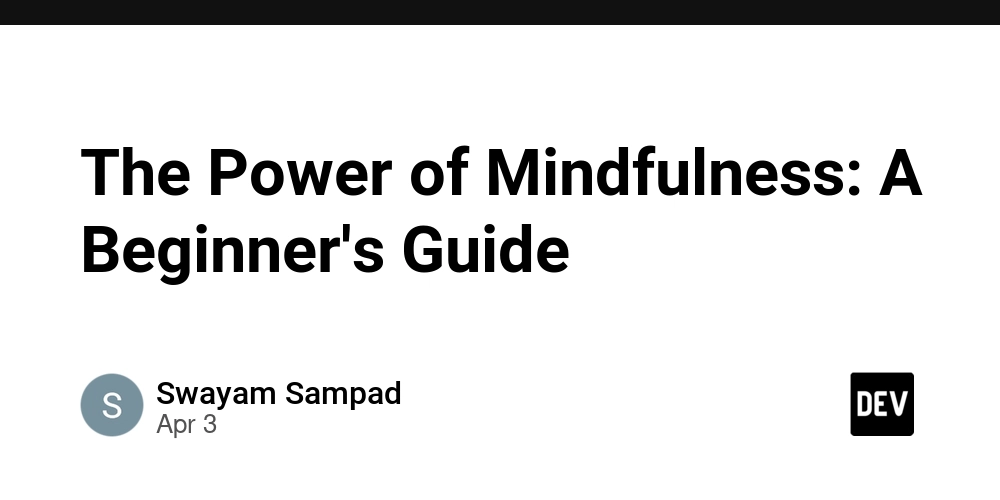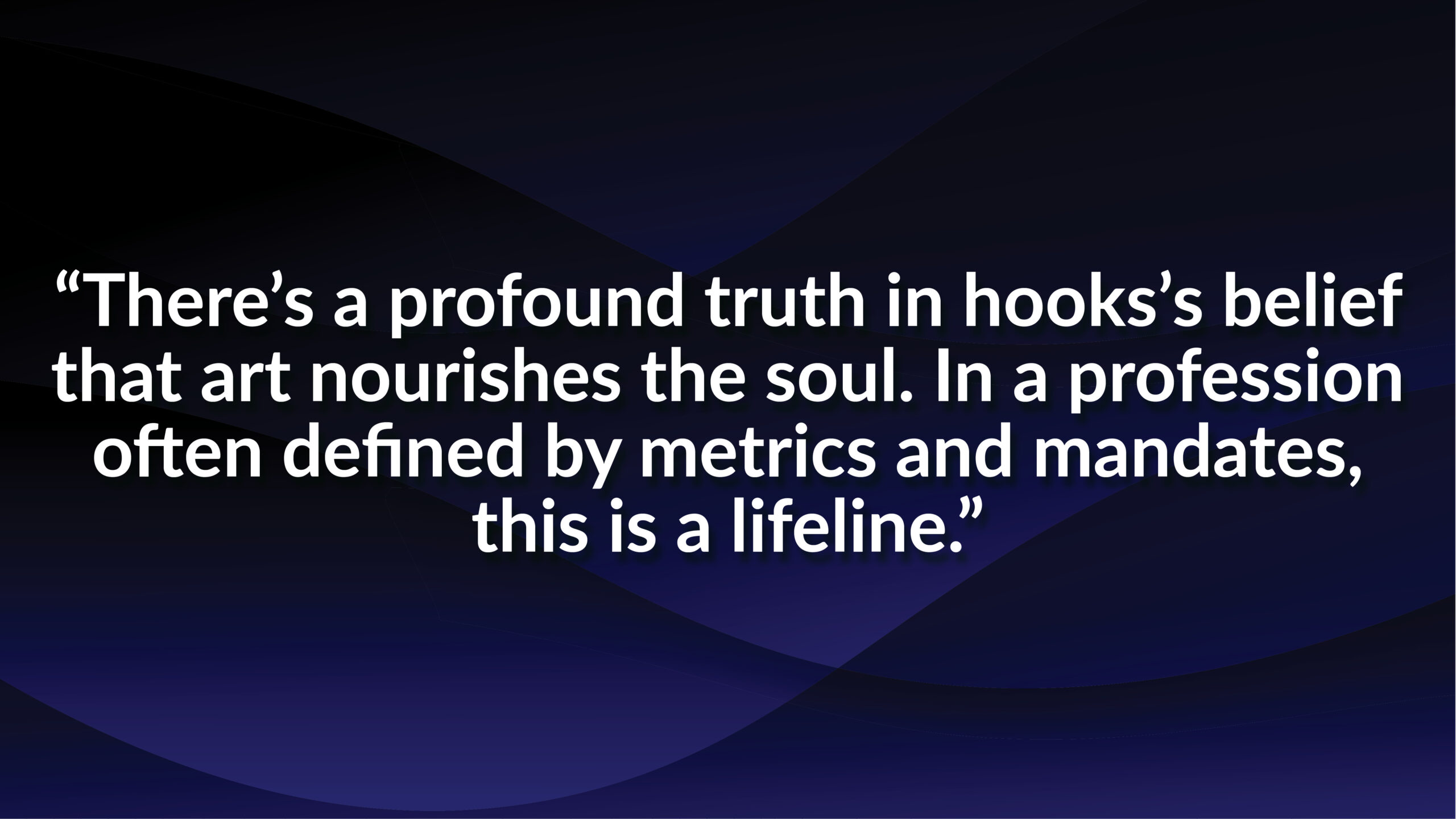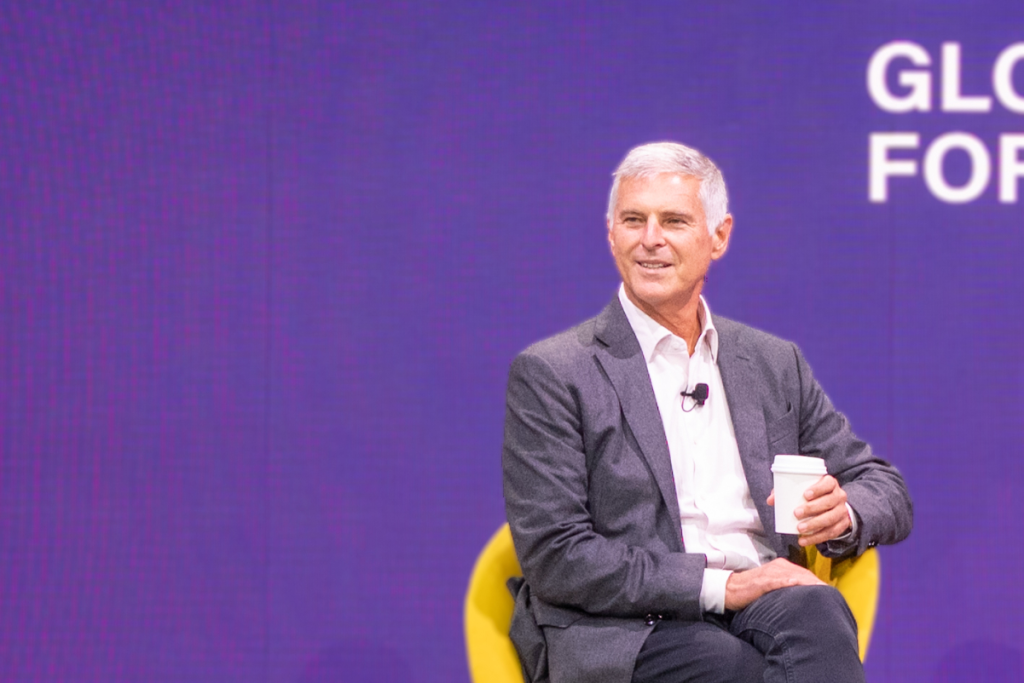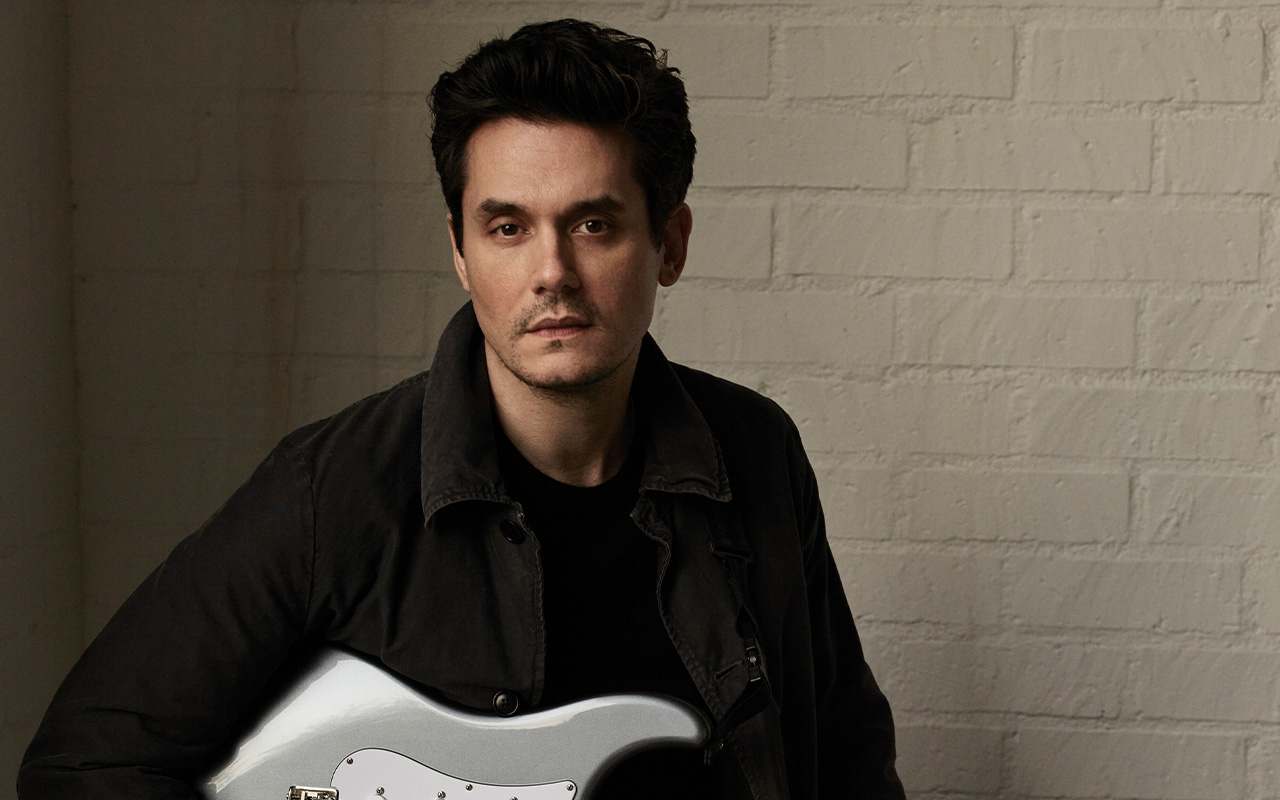The Power of Mindfulness: A Beginner's Guide
The Power of Mindfulness: A Beginner's Guide In today's fast-paced world, it's easy to get caught up in the hustle and bustle of daily life. We're constantly bombarded with information, demands, and distractions, leaving us feeling stressed, overwhelmed, and disconnected. Mindfulness offers a powerful antidote to this modern-day malaise. It's a simple yet profound practice that involves paying attention to the present moment without judgment. By cultivating mindfulness, we can learn to observe our thoughts, feelings, and sensations without getting carried away by them. What is Mindfulness? Mindfulness is about being present. It's about tuning into what's happening right now, rather than dwelling on the past or worrying about the future. It's about accepting our experiences as they are, without trying to change or control them. Think of it like this: imagine you're holding a cup of tea. A mindful approach would involve noticing the warmth of the cup in your hands, the aroma of the tea, the taste as it hits your tongue. You're simply experiencing the tea, without judgment or analysis. Benefits of Mindfulness Regular mindfulness practice can have a wide range of benefits, including: Reduced stress and anxiety: Mindfulness helps us to calm the mind and body by focusing on the present moment, rather than dwelling on worries. Improved focus and concentration: By training our attention, mindfulness can help us to stay focused on tasks and avoid distractions. Increased self-awareness: Mindfulness allows us to become more aware of our thoughts, feelings, and sensations, which can lead to greater self-understanding. Enhanced emotional regulation: Mindfulness can help us to manage our emotions more effectively by allowing us to observe them without judgment. Improved relationships: By becoming more present and attuned to others, mindfulness can enhance our relationships. How to Practice Mindfulness Mindfulness can be practiced in many different ways. Here are a few simple exercises to get you started: Mindful Breathing: Find a quiet place to sit or lie down. Close your eyes and focus on your breath. Notice the sensation of the air entering and leaving your body. When your mind wanders, gently redirect your attention back to your breath. Body Scan Meditation: Lie down on your back and bring your attention to different parts of your body, starting with your toes and working your way up to the top of your head. Notice any sensations you experience, without judgment. Mindful Walking: Pay attention to the sensation of your feet making contact with the ground as you walk. Notice the sights, sounds, and smells around you. Mindful Eating: Take your time while eating. Notice the colors, textures, and flavors of your food. Chew slowly and savor each bite. Getting Started Mindfulness is a skill that takes practice. Don't get discouraged if your mind wanders or if you find it difficult to stay present. Just keep practicing, and you'll gradually become more mindful in your daily life. There are many resources available to help you learn more about mindfulness, including books, websites, and apps. You can also find mindfulness classes and workshops in your community. Start small, be patient, and enjoy the journey!

The Power of Mindfulness: A Beginner's Guide
In today's fast-paced world, it's easy to get caught up in the hustle and bustle of daily life. We're constantly bombarded with information, demands, and distractions, leaving us feeling stressed, overwhelmed, and disconnected.
Mindfulness offers a powerful antidote to this modern-day malaise. It's a simple yet profound practice that involves paying attention to the present moment without judgment. By cultivating mindfulness, we can learn to observe our thoughts, feelings, and sensations without getting carried away by them.
What is Mindfulness?
Mindfulness is about being present. It's about tuning into what's happening right now, rather than dwelling on the past or worrying about the future. It's about accepting our experiences as they are, without trying to change or control them.
Think of it like this: imagine you're holding a cup of tea. A mindful approach would involve noticing the warmth of the cup in your hands, the aroma of the tea, the taste as it hits your tongue. You're simply experiencing the tea, without judgment or analysis.
Benefits of Mindfulness
Regular mindfulness practice can have a wide range of benefits, including:
- Reduced stress and anxiety: Mindfulness helps us to calm the mind and body by focusing on the present moment, rather than dwelling on worries.
- Improved focus and concentration: By training our attention, mindfulness can help us to stay focused on tasks and avoid distractions.
- Increased self-awareness: Mindfulness allows us to become more aware of our thoughts, feelings, and sensations, which can lead to greater self-understanding.
- Enhanced emotional regulation: Mindfulness can help us to manage our emotions more effectively by allowing us to observe them without judgment.
- Improved relationships: By becoming more present and attuned to others, mindfulness can enhance our relationships.
How to Practice Mindfulness
Mindfulness can be practiced in many different ways. Here are a few simple exercises to get you started:
- Mindful Breathing: Find a quiet place to sit or lie down. Close your eyes and focus on your breath. Notice the sensation of the air entering and leaving your body. When your mind wanders, gently redirect your attention back to your breath.
- Body Scan Meditation: Lie down on your back and bring your attention to different parts of your body, starting with your toes and working your way up to the top of your head. Notice any sensations you experience, without judgment.
- Mindful Walking: Pay attention to the sensation of your feet making contact with the ground as you walk. Notice the sights, sounds, and smells around you.
- Mindful Eating: Take your time while eating. Notice the colors, textures, and flavors of your food. Chew slowly and savor each bite.
Getting Started
Mindfulness is a skill that takes practice. Don't get discouraged if your mind wanders or if you find it difficult to stay present. Just keep practicing, and you'll gradually become more mindful in your daily life.
There are many resources available to help you learn more about mindfulness, including books, websites, and apps. You can also find mindfulness classes and workshops in your community.
Start small, be patient, and enjoy the journey!








































































